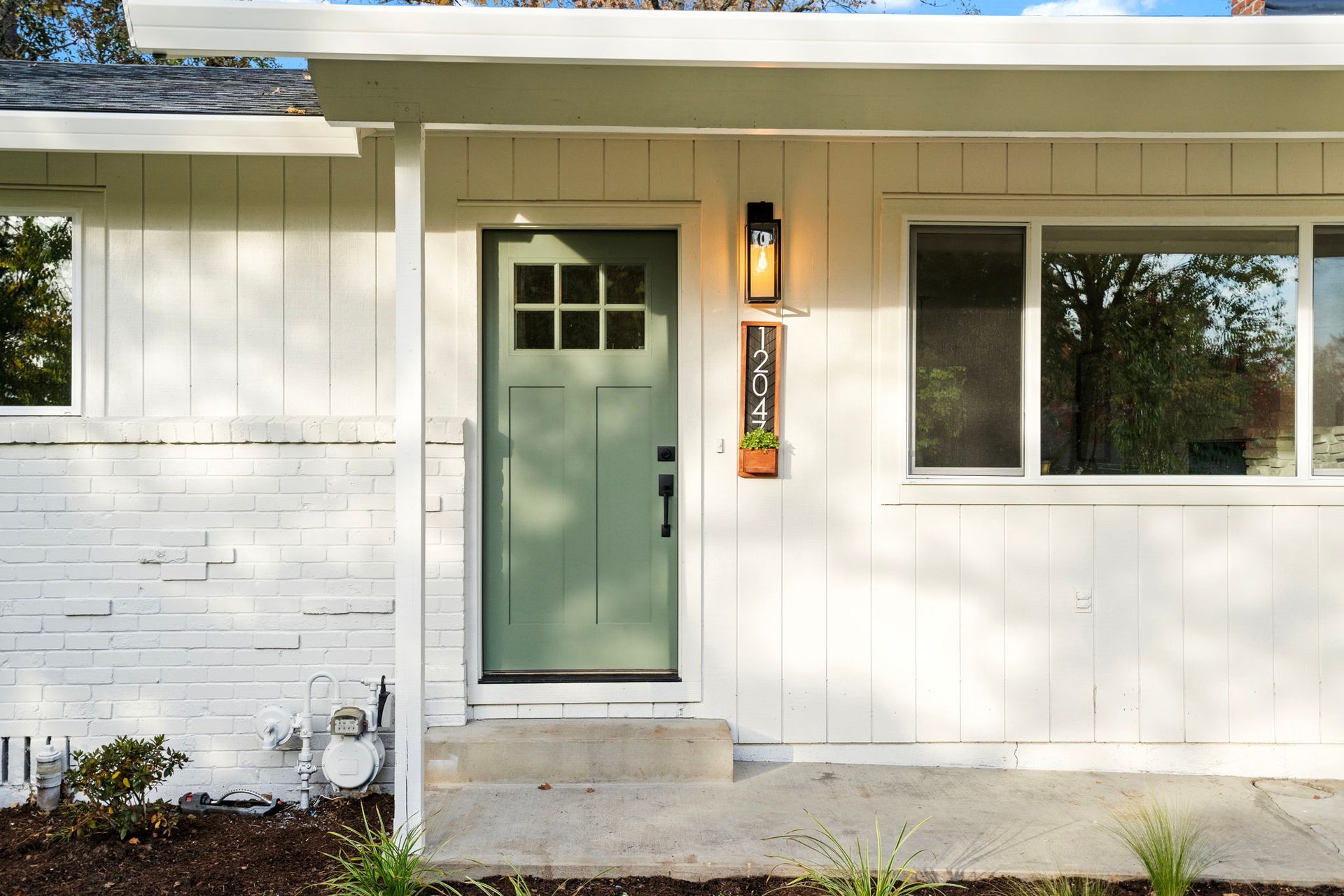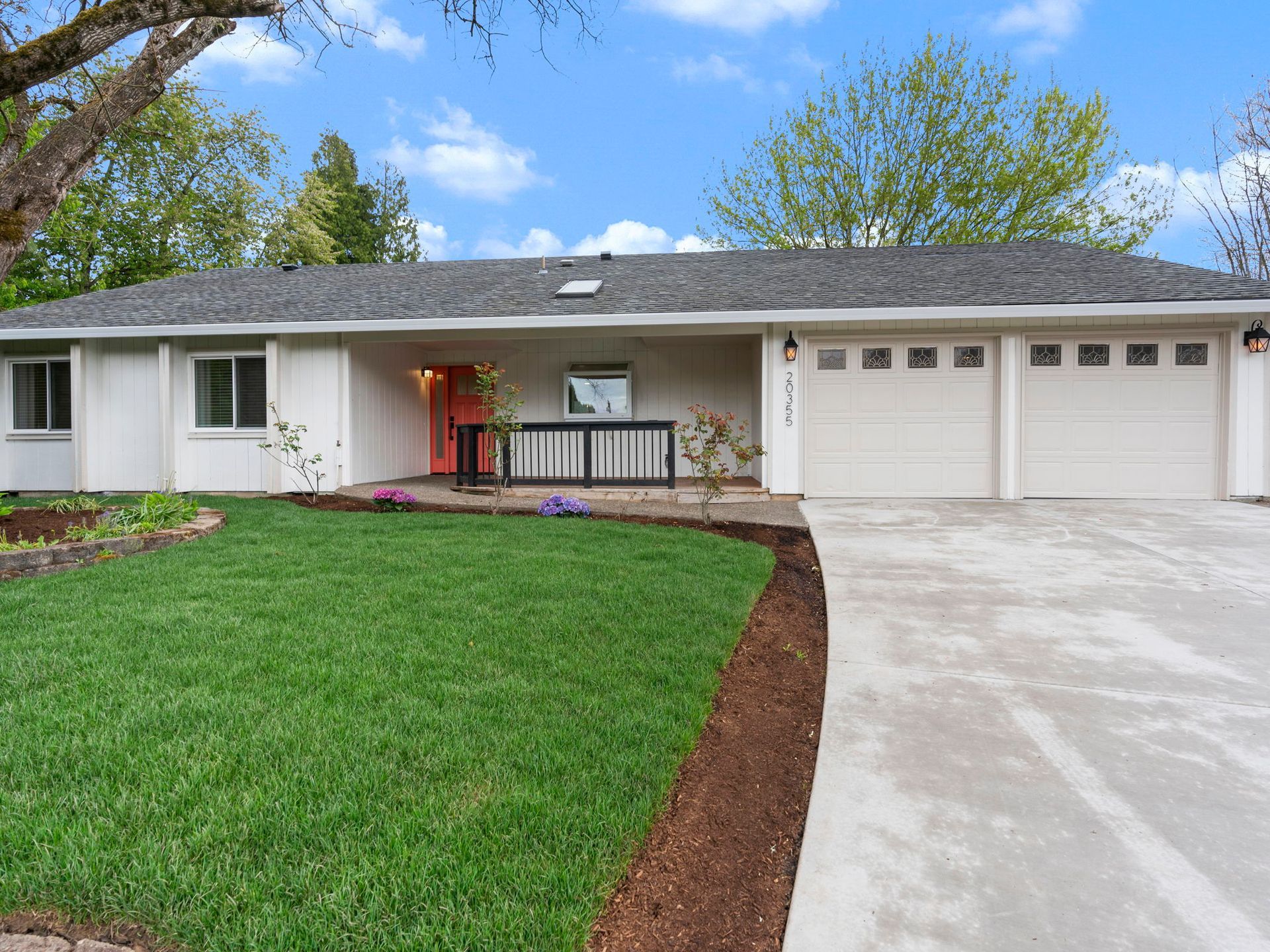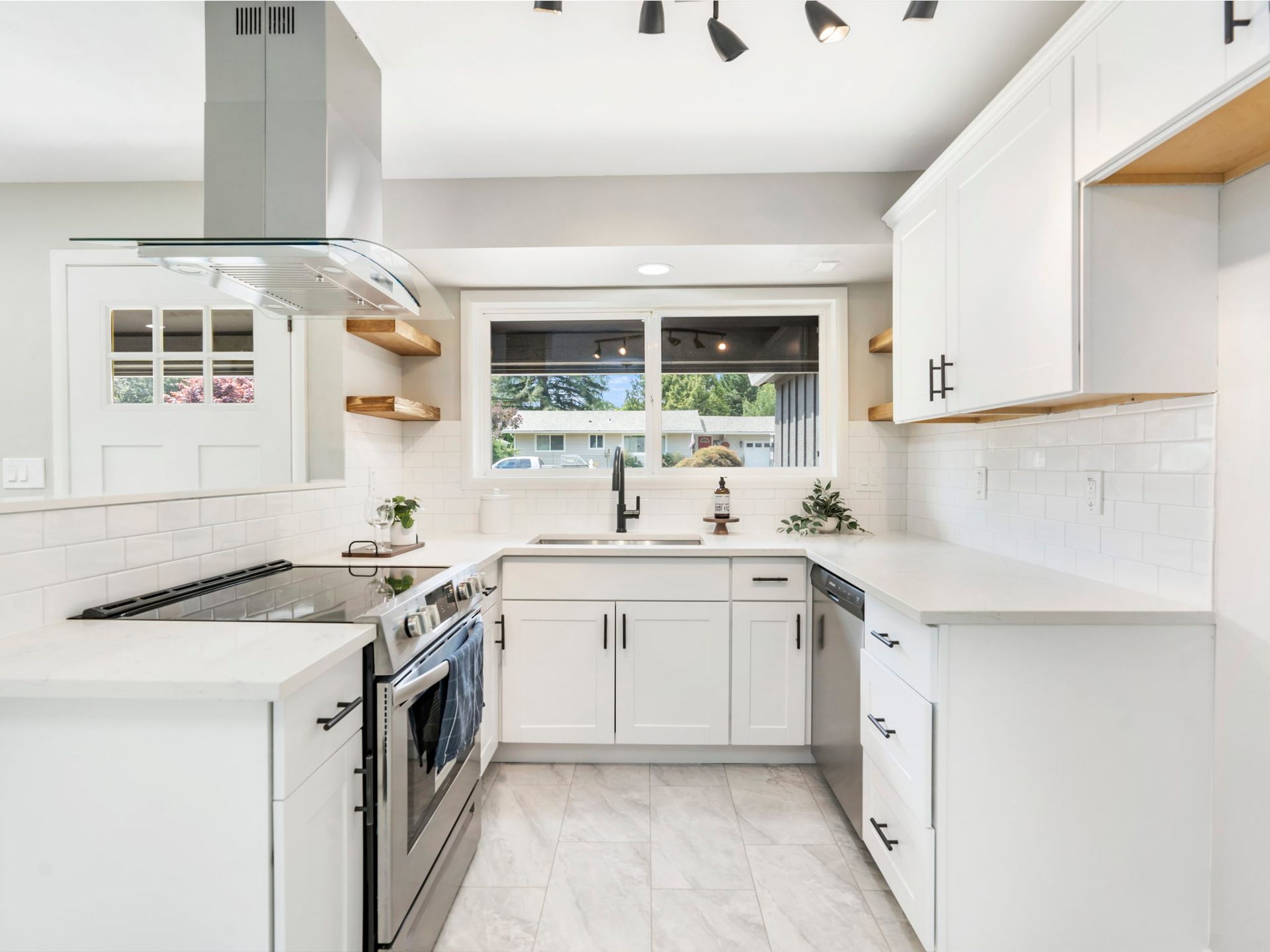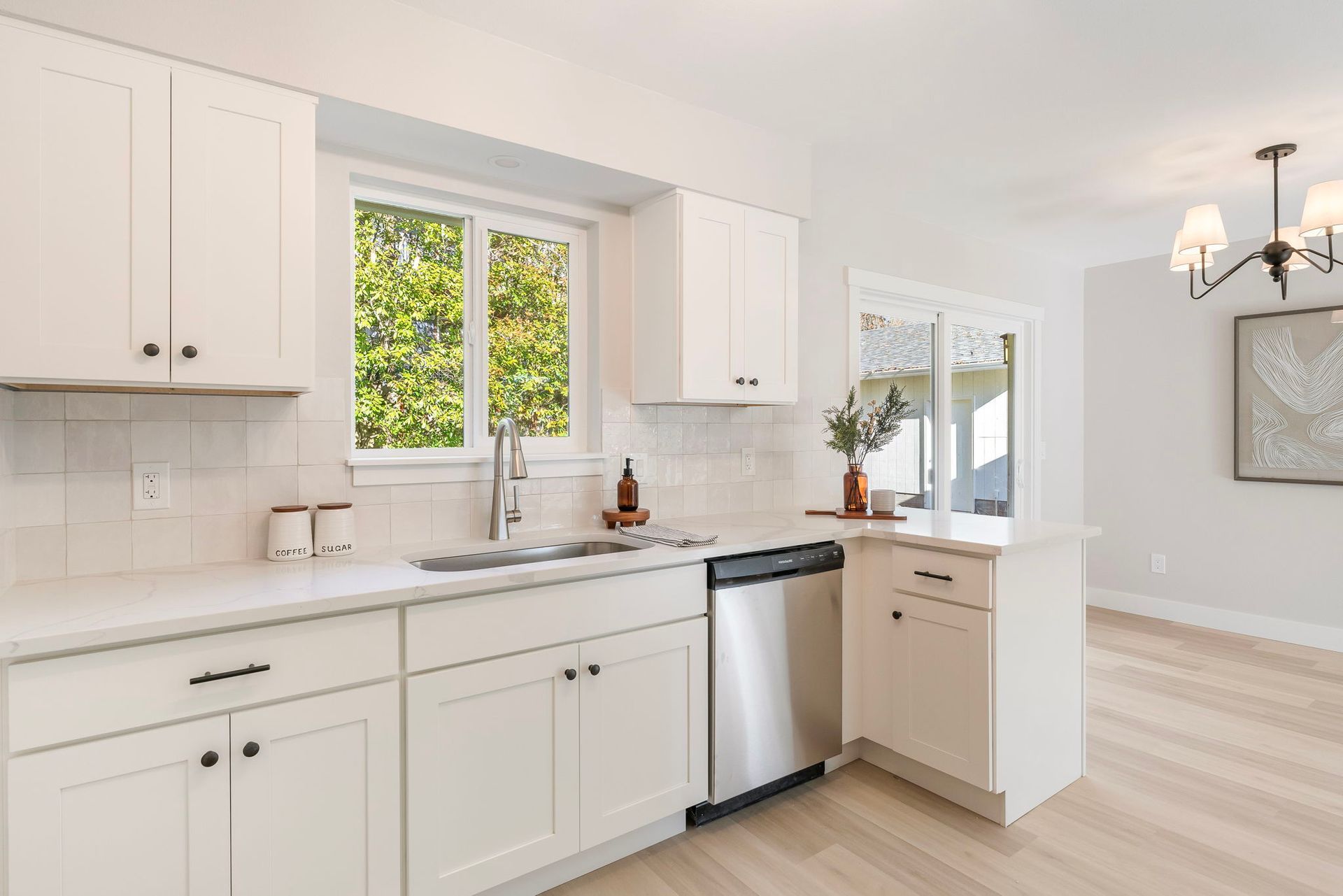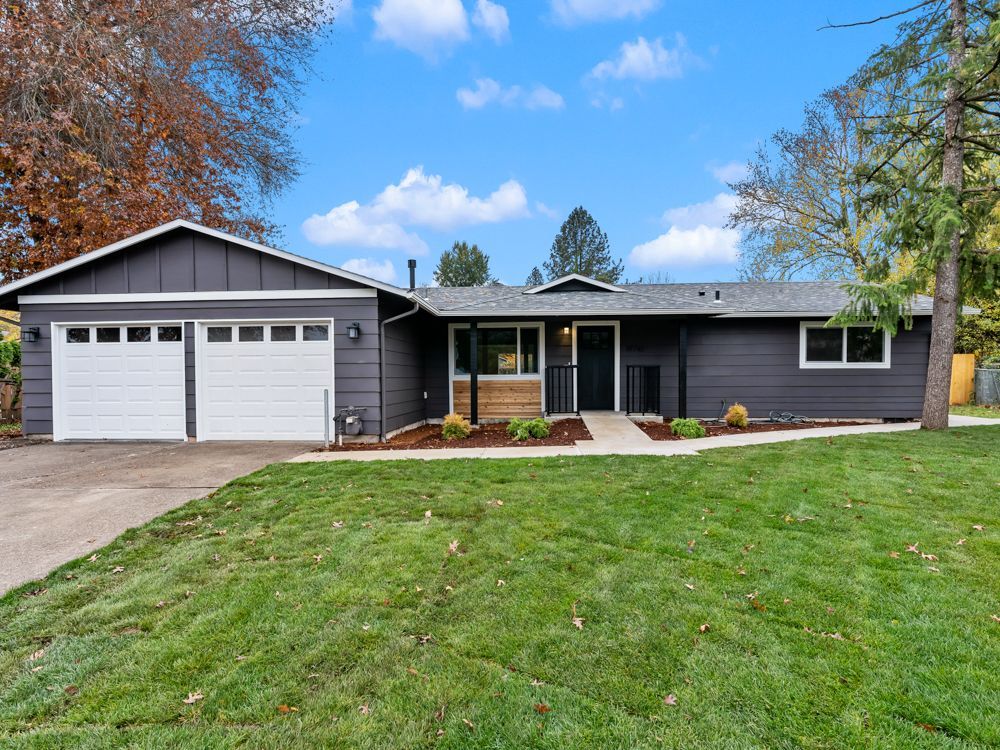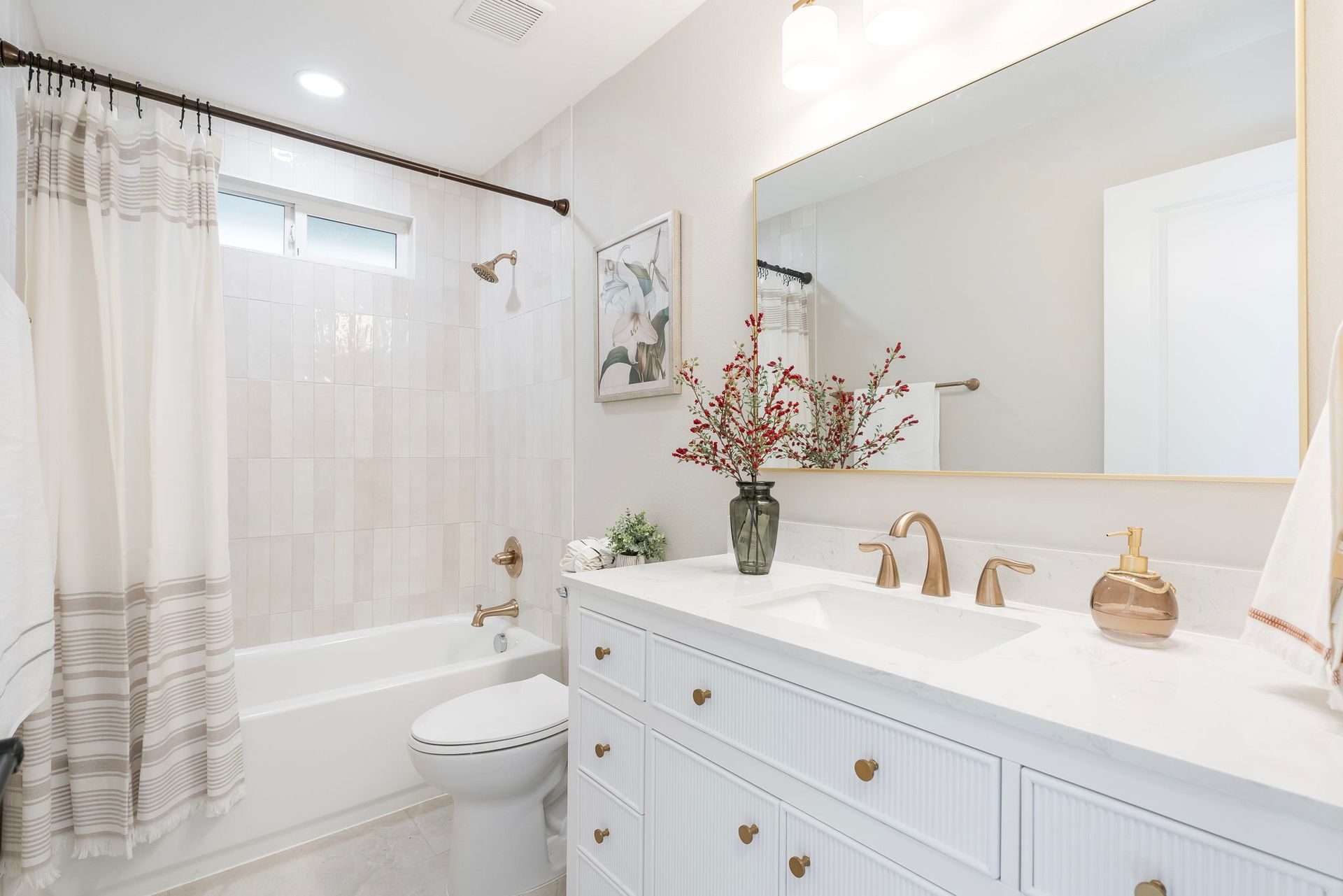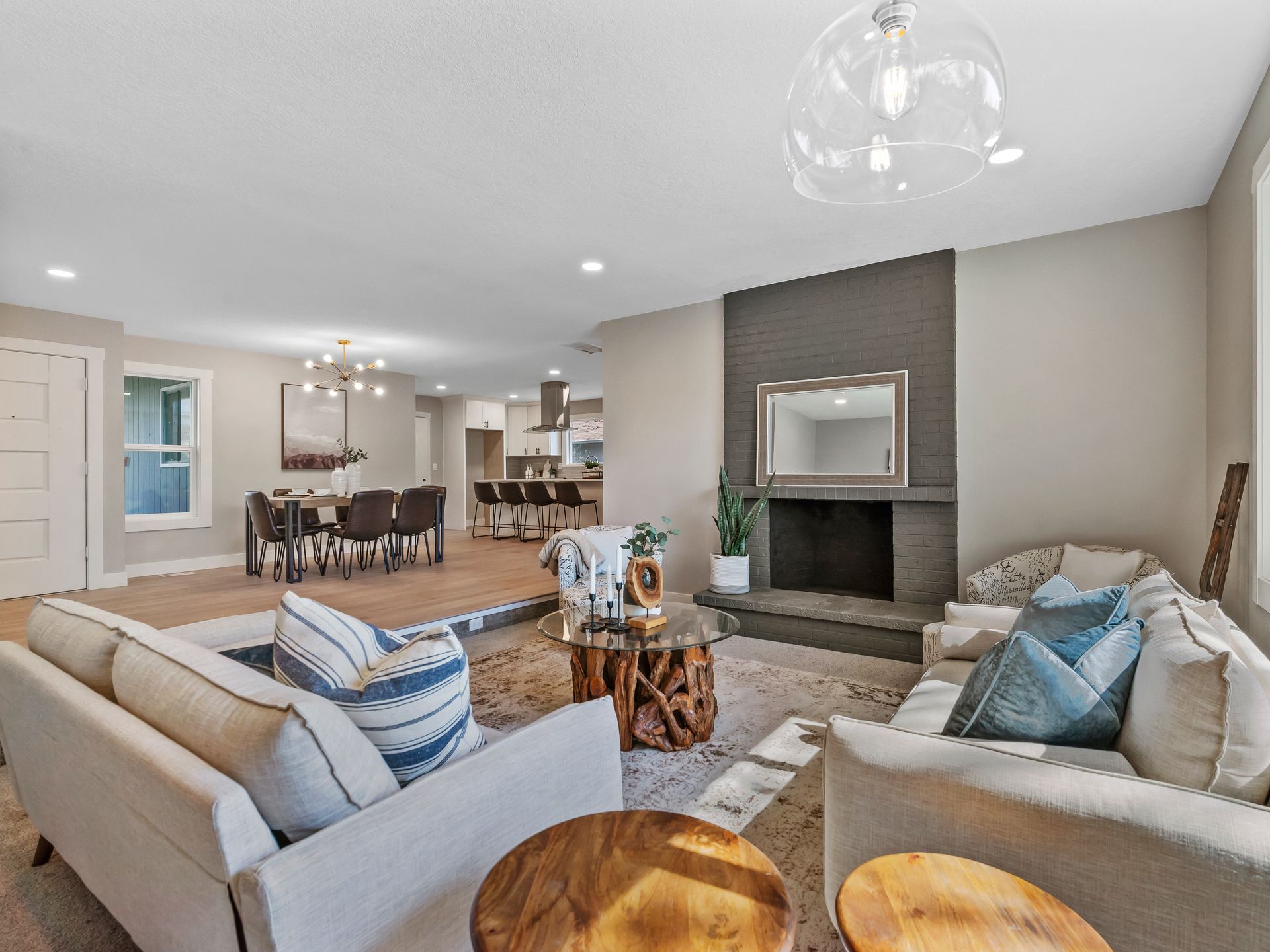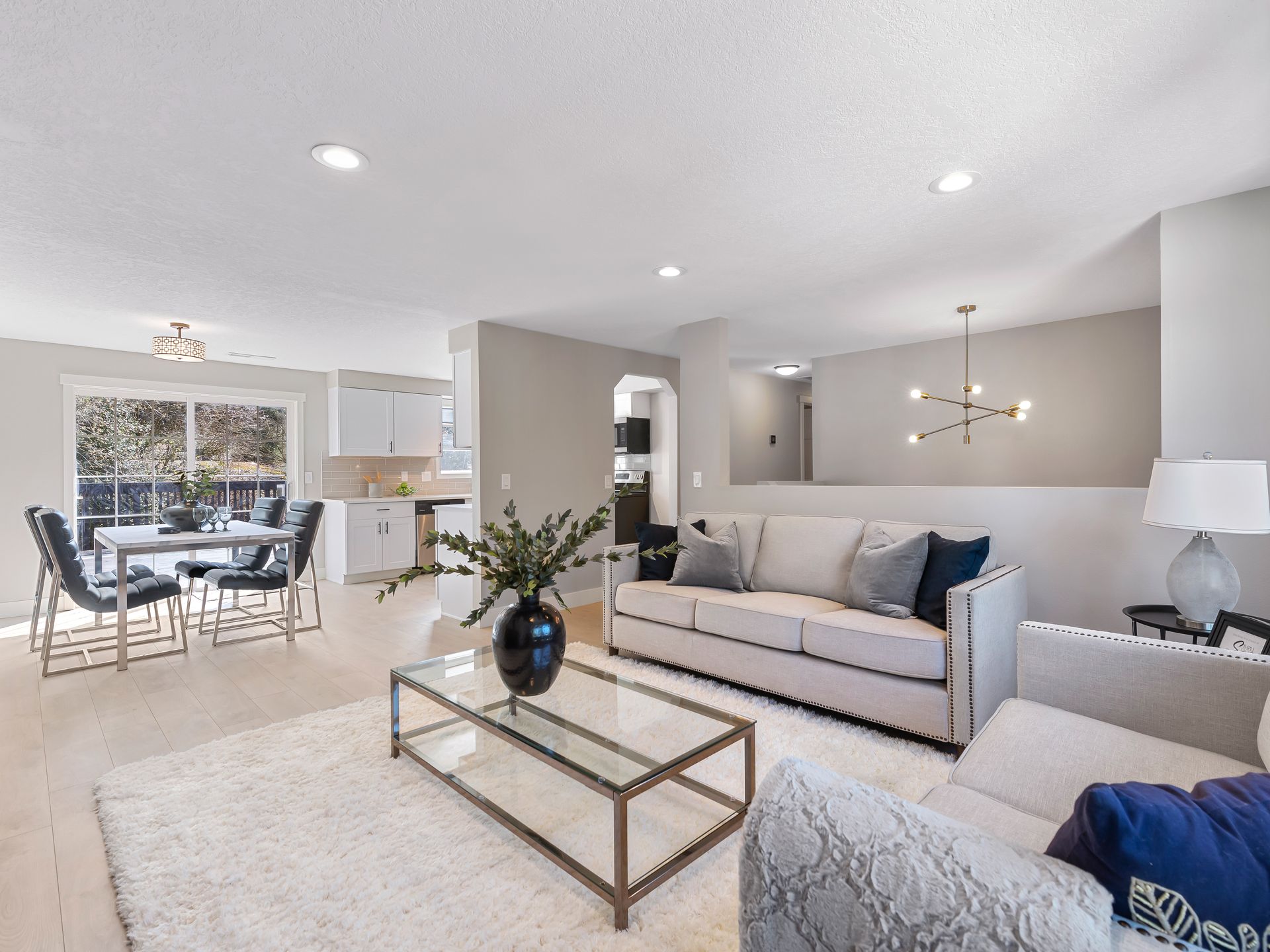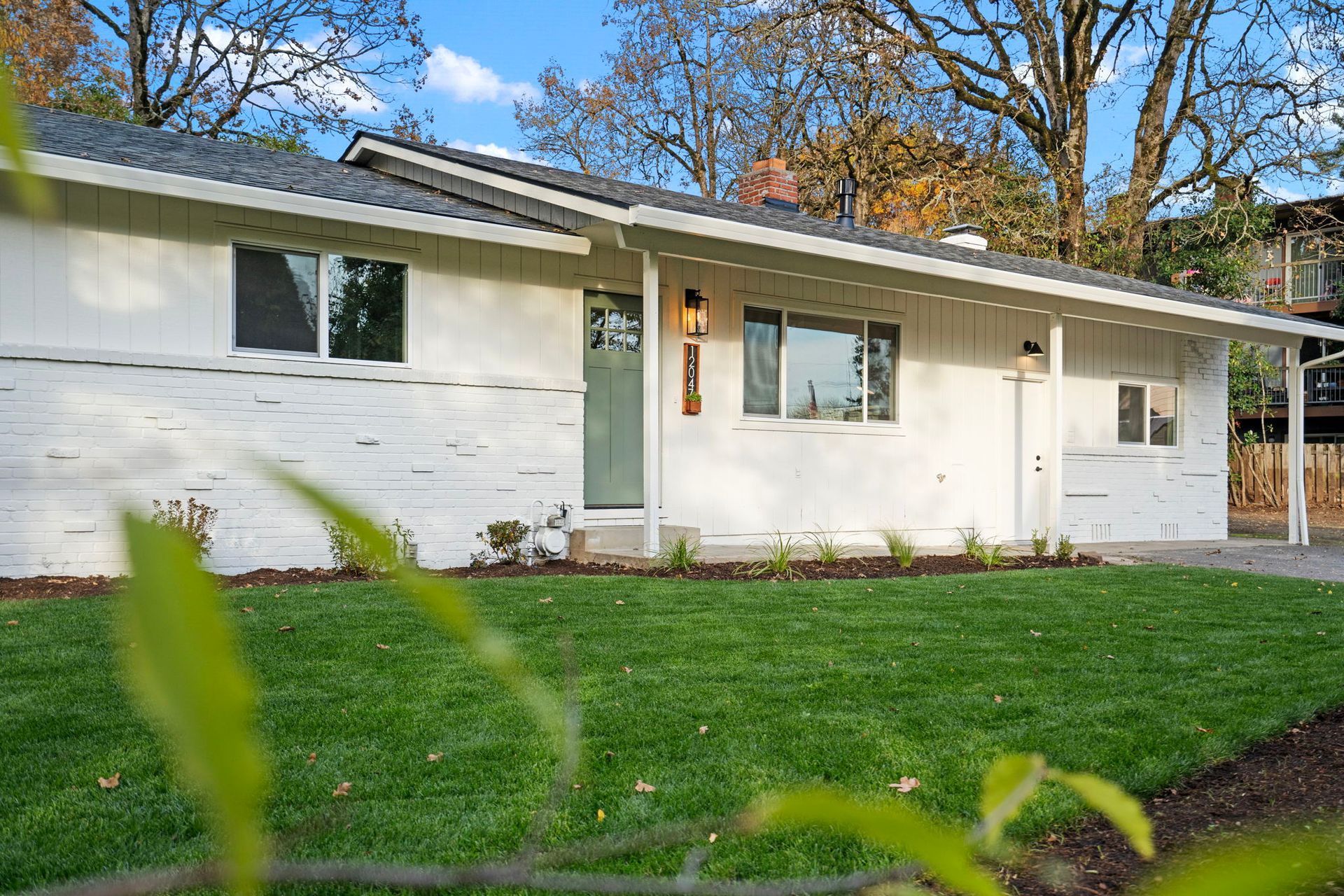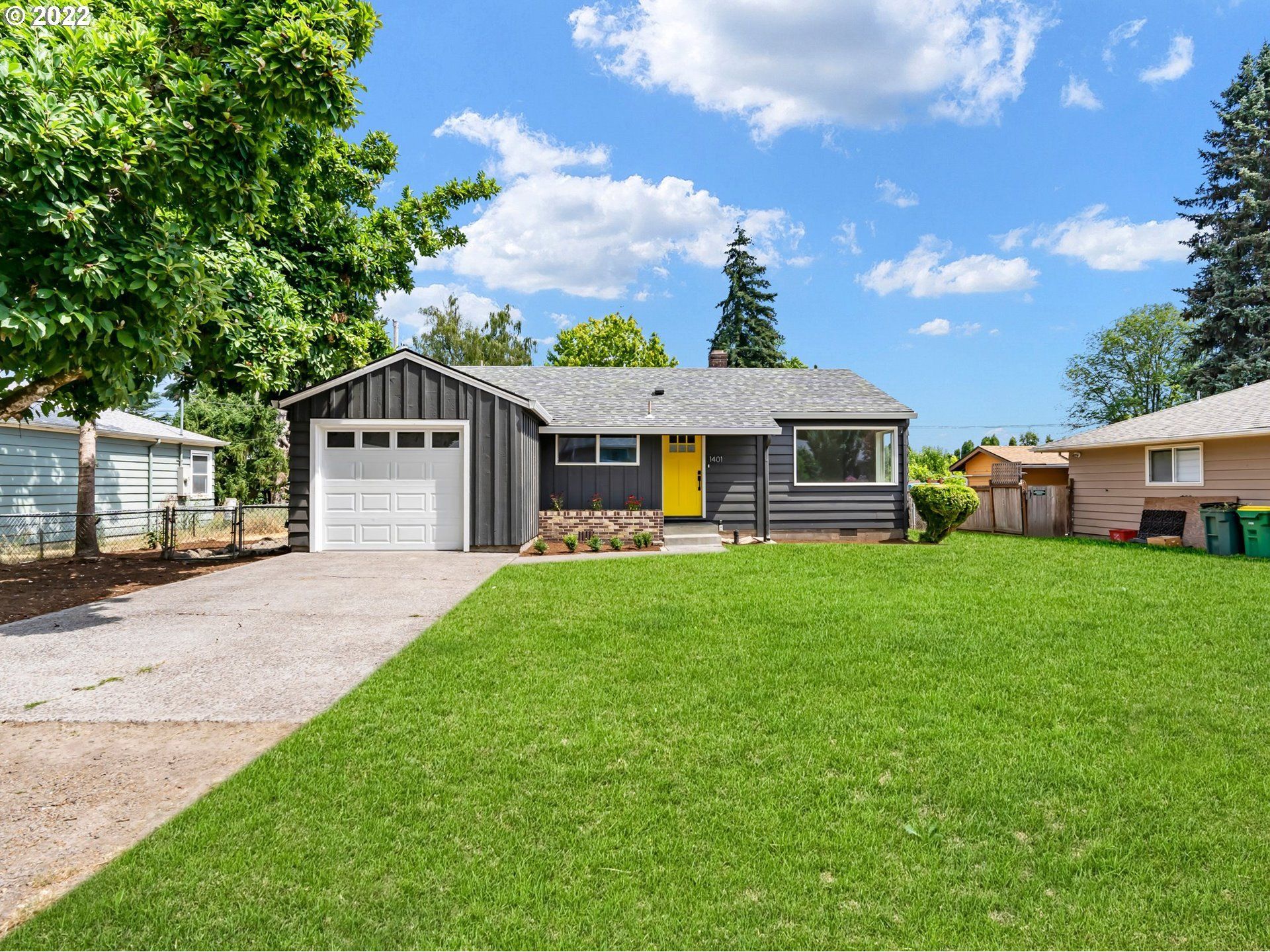Not Your Typical Real Estate Agent
I bring a unique perspective to selling your home. When I represent you, you're getting more than an agent – you're getting a seasoned real estate investor who's personally bought, renovated, and sold nearly 100 properties in the Portland area. I use that deep understanding of property value to help sellers maximize their returns in today's market.
Here to share detailed case studies and insights from my active deals to help you navigate the Portland market successfully.
Looking forward to sparking conversations with those of you already in the business of owning real estate as well as those looking to jump in.
omid@rubixproperties.com / 971.227.0434

Why this matters to you?
Most agents can tell you what homes are selling for. I can tell you why, and more importantly, how to get the highest possible price for yours.
I Know What Buyers Will Pay More For
After investing millions of my own money in Portland real estate, I've learned exactly what improvements drive the highest returns. This isn't theoretical knowledge from a seminar – it's hard-won experience from actually doing the work.
I Know Which Improvements to Skip
Just as importantly, I know which "sure-thing" upgrades actually lose money. I've tested these assumptions with my own funds, so when I advise you on pre-sale improvements, you can trust that I'm speaking from experience, not speculation.
Hyperlocal Expertise
Portland's west side has been my home since 1997. I know every neighborhood and market trend from watching this area evolve over 25+ years. This isn't data you'll find on Zillow – it's nuanced understanding that only comes from decades of local experience.
"My investment background gives me a different perspective on selling homes. I don't just know what properties are worth – I know exactly how to maximize their value because I've done it successfully hundreds of times."
Omid Alipoor
My Investment Background = Your Advantage
As an active real estate investor, I look at properties differently than typical agents. I'm constantly analyzing value-add opportunities and market dynamics because my own money is on the line.
I've built my own real estate portfolio here because I believe in this market. When I represent you, I bring the same level of care and strategic thinking that I use when investing my own money.
Expert Pricing Strategy
I understand market value at a deeper level because I've had to – my business success depended on it. When I price your home, I'm drawing on experience from hundreds of transactions where I've had to accurately predict both current value and potential value.
Skilled Negotiation
Having negotiated hundreds of deals as a principal (not just an agent), I bring a level of expertise that's rare in real estate. I know every angle buyers might try because I've been the buyer. I know how to counter their strategies because I've used them myself.
Omid's Blog
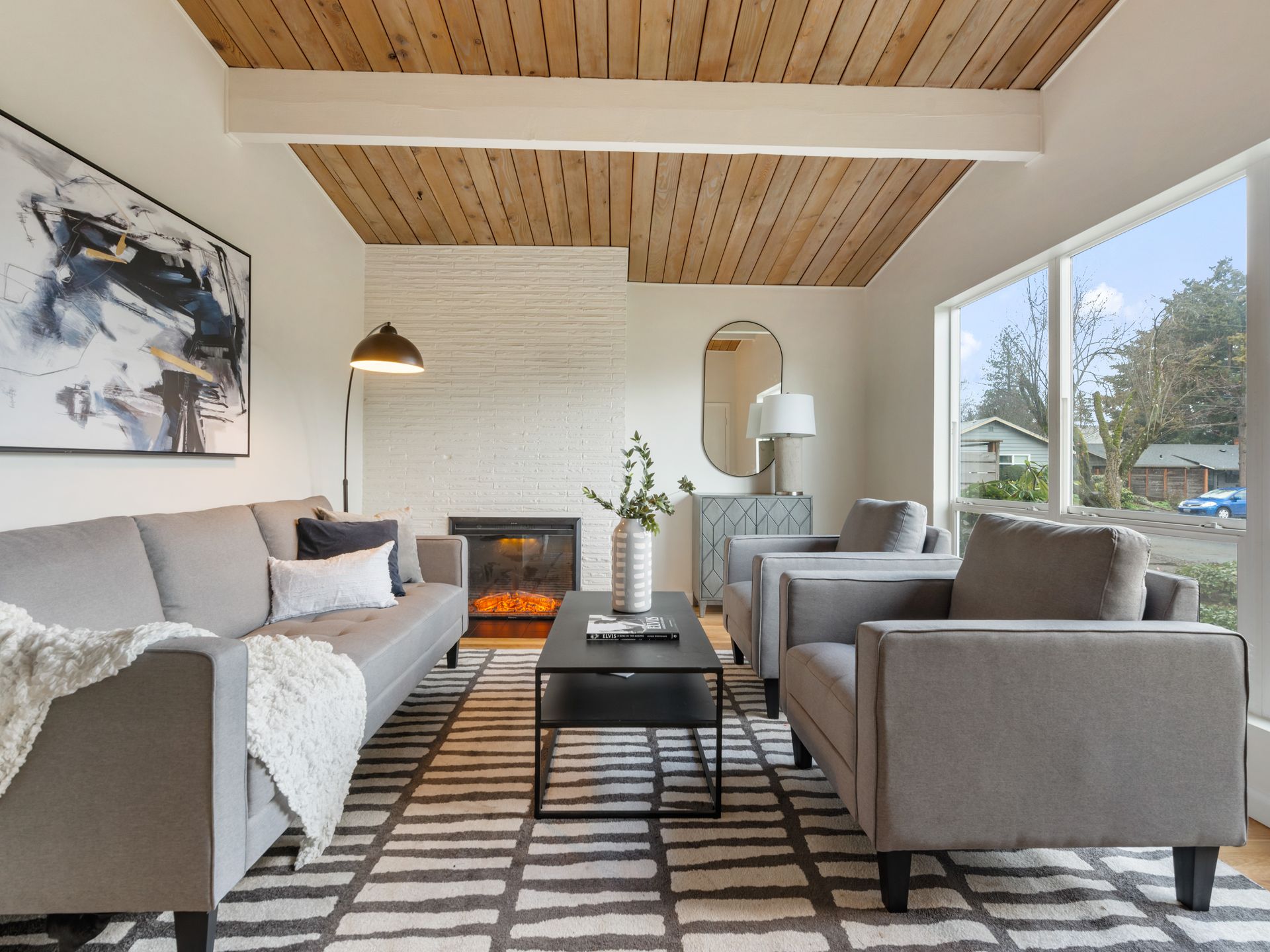
Scroll through some of my completed deals below:
